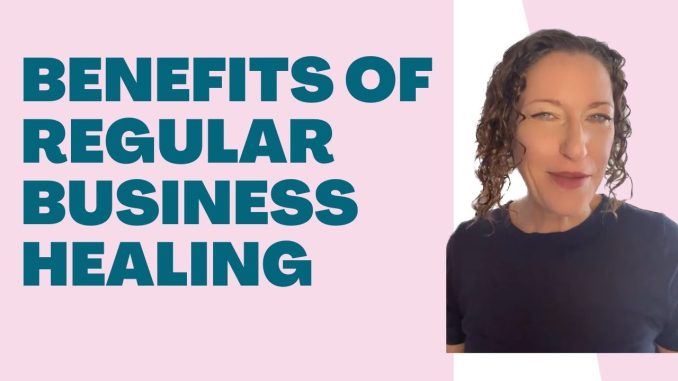
In the fast-paced world of business, where metrics, margins, and market share often dominate the conversation, there’s a quiet wisdom to be found in the practices of healers. Whether they are traditional medicine practitioners, therapists, or holistic wellness guides, healers operate from a place of deep empathy, attentiveness, and a commitment to transformation. These qualities, though rarely emphasized in boardrooms, hold profound lessons for how businesses can evolve—not just to grow, but to genuinely serve and sustain the people they touch.
At the heart of healing is presence. Healers don’t rush through consultations or treat symptoms in isolation. They listen, observe, and seek to understand the whole person. In business, this translates to a shift from transactional thinking to relational engagement. Companies that take the time to truly understand their customers—beyond surveys and analytics—build stronger, more resilient connections. Think of a local café that remembers your name and your favorite drink. That kind of attentiveness isn’t just good service; it’s a form of care. And care, when practiced consistently, becomes a competitive advantage that no algorithm can replicate.
Another principle healers embody is trust. Healing is rarely instantaneous. It requires vulnerability from the patient and integrity from the healer. Businesses, too, must earn trust over time. This means being transparent, keeping promises, and showing up consistently—even when it’s inconvenient. Consider how Patagonia has built its brand not just on quality outdoor gear, but on its unwavering commitment to environmental sustainability. Customers trust the company because it has proven, time and again, that its values are not just marketing slogans but operational priorities. That kind of trust doesn’t come from clever advertising; it comes from alignment between words and actions.
Healers also understand that every individual is unique. They don’t offer one-size-fits-all solutions. Instead, they tailor their approach based on the person’s history, needs, and context. Businesses can learn from this by embracing personalization—not just in product recommendations, but in how they communicate, support, and evolve with their customers. A software company that offers flexible pricing, responsive customer service, and user-driven updates is practicing a kind of business healing. It’s acknowledging that its users are not just data points, but people with distinct challenges and aspirations.
Patience is another virtue that healers cultivate. They know that real change takes time and that setbacks are part of the process. In business, this mindset can be transformative. Rather than chasing quarterly gains at the expense of long-term health, companies can adopt a more sustainable rhythm. This might mean investing in employee development, nurturing customer relationships, or innovating slowly but thoughtfully. The tech industry, for instance, often celebrates rapid disruption, but some of the most enduring companies—like Apple or Microsoft—have succeeded by balancing speed with stability, ambition with reflection.
Compassion, perhaps more than any other trait, defines the healer’s approach. It’s not just about fixing what’s broken; it’s about honoring the dignity of the person in front of you. In business, compassion can manifest in many ways: fair wages, inclusive policies, ethical sourcing, and community engagement. When a company treats its employees with respect, supports local initiatives, or stands up for social justice, it’s practicing business as healing. These actions may not always yield immediate financial returns, but they build a foundation of goodwill that can weather economic storms and reputational risks.
Even the way healers handle feedback offers insight. They don’t dismiss discomfort or criticism; they explore it. They ask questions, adjust their methods, and remain open to learning. Businesses that adopt this posture—especially in the age of social media—can turn criticism into growth. A restaurant that responds graciously to a negative review, seeks to understand the issue, and makes changes accordingly is not just protecting its brand; it’s demonstrating humility and a commitment to improvement. That kind of responsiveness builds loyalty far more effectively than defensiveness or denial.
There’s also a spiritual dimension to healing that businesses can learn from. Healers often see their work as a calling, not just a job. They are guided by purpose, not just profit. When businesses tap into a deeper sense of mission—whether it’s empowering creators, connecting communities, or advancing sustainability—they inspire not just customers, but employees and stakeholders. Purpose-driven companies tend to attract people who are passionate, committed, and willing to go the extra mile. That energy is contagious, and it fuels innovation, resilience, and growth.
Ultimately, what businesses can learn from healers is a different way of being. It’s a shift from extraction to restoration, from control to collaboration, from efficiency to empathy. It’s about seeing commerce not as a battlefield, but as a space for connection and care. This doesn’t mean abandoning strategy or structure; it means infusing them with humanity. In a world that’s increasingly automated and impersonal, the businesses that thrive will be those that remember what it means to heal—to listen deeply, act kindly, and serve with intention. That’s not just good business; it’s good for the soul.